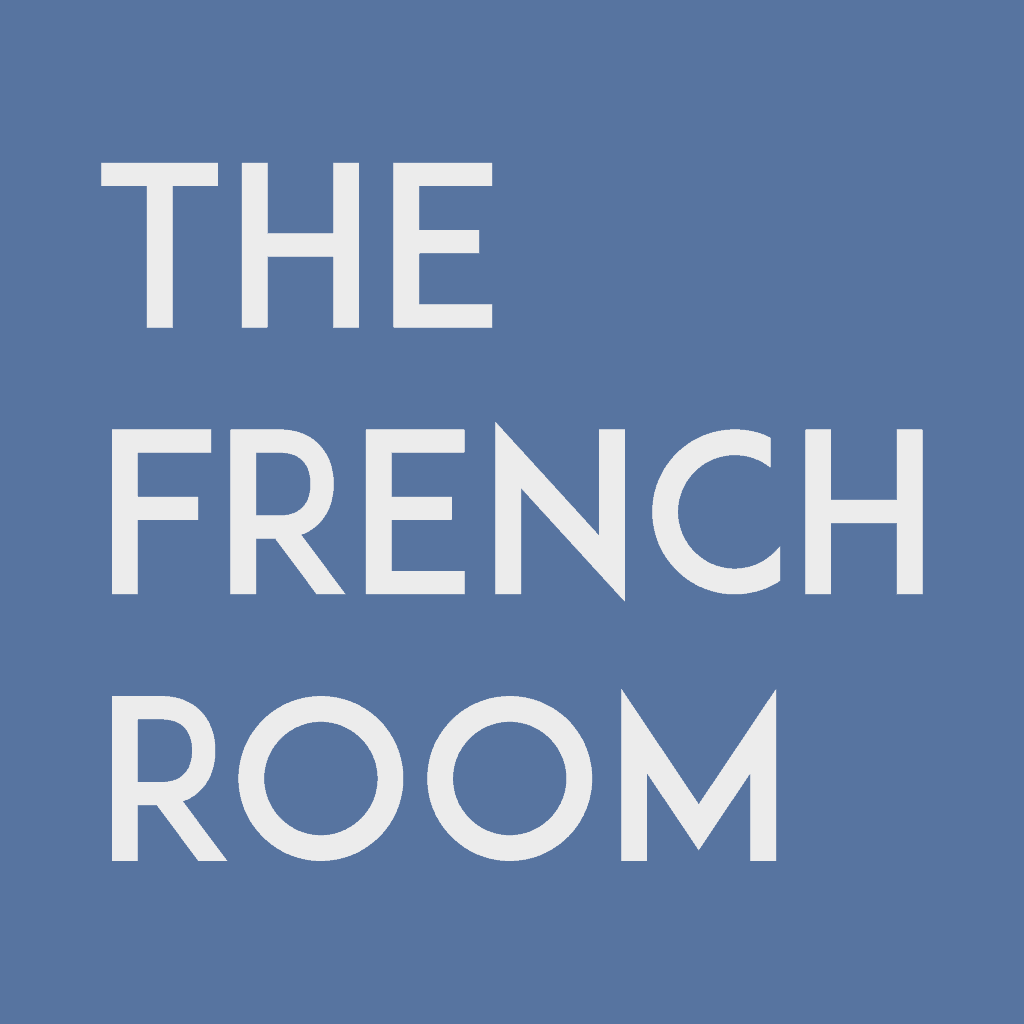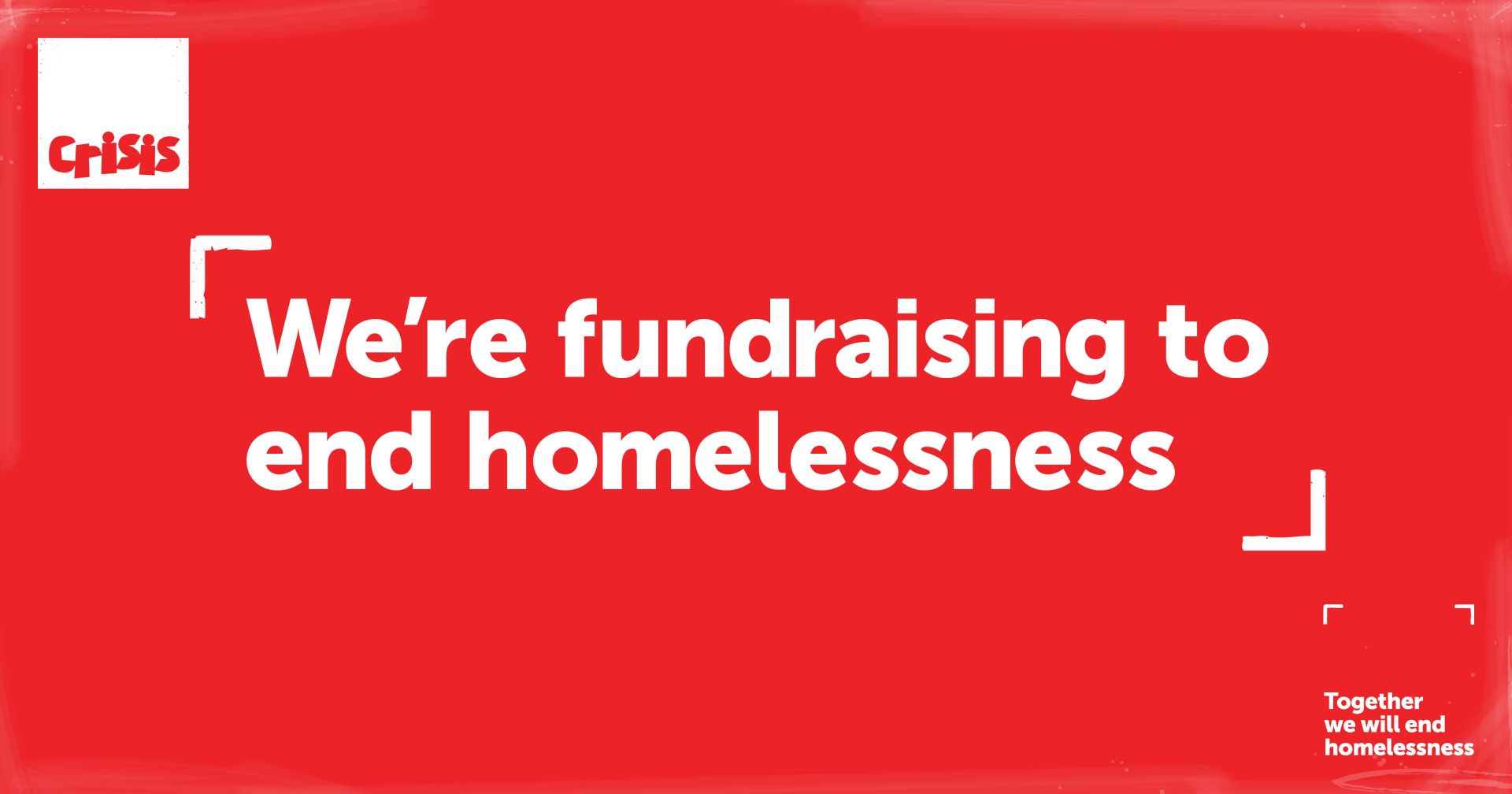- Real-life application: Jackie prepared a real French description of her friend’s Airbnb.
- Context for learning: We used the approach of picking authentic situations – describing markets, people, places.
-
Focus vocabulary: Accommodation terms, descriptive phrases for location, amenities, and atmosphere.
Strengths Observed
✅ Creative use of learned vocabulary
✅ Clear thematic focus (describing a holiday flat)
✅ Attempt to use more complex noun phrases
Areas for improvement (noted live)
-
Pronunciation practice needed for clarity
-
Benefit of slowing down to avoid rushing and to ensure consonants are clear
-
Attention to syllable-by-syllable delivery for confidence
Teacher’s advice
-
Speaking more slowly improves fluency perception.
-
Use downward intonation at sentence ends (not rising-question tone) to sound more confident and native-like.
-
Practice consonants deliberately.
✅ Describing an Airbnb in French
Students can use this model to describe their own home, a friend’s place, or even imaginary properties.
✅ Preparation strategy
Jackie suggested writing down phrases before a real-life trip – a great approach for markets or booking scenarios.
✅ Class technique
Working with authentic personal topics helps memorise vocabulary naturally.
- Jackie found that applying vocabulary to personal contexts made learning stick.
-
Listening to others in class using the same words helped reinforce hearing comprehension.
-
Recognised that conversation is more than delivering a prepared phrase—it’s about being ready for follow-up questions.
This session is a brilliant example of why I encourage real-life, personal topics in The French Room. Describing something real – like a friend’s Airbnb – makes the learning meaningful and memorable. Jackie demonstrated the value of slowing down, planning ahead, and thinking about the real conversational context (not just a one-way announcement!).
For live conversation practice and feedback join a class now. Pay as you go and class pass savings available.


